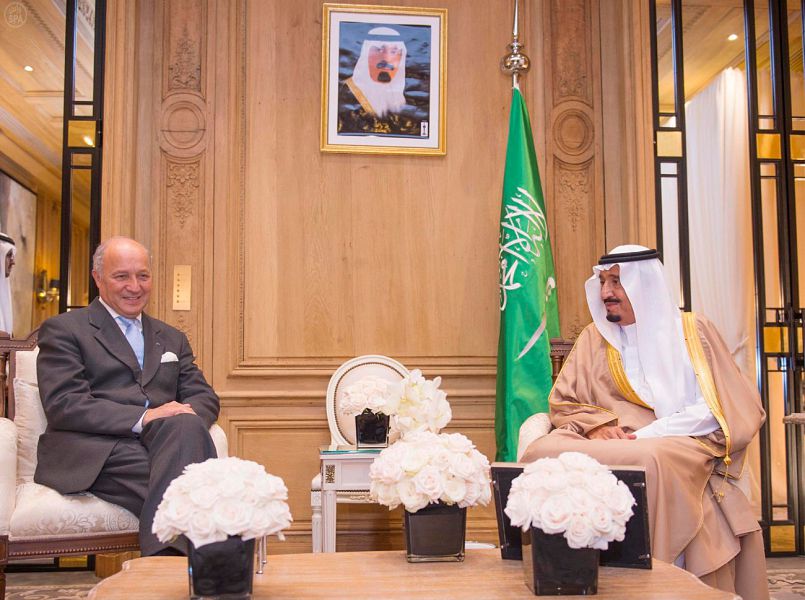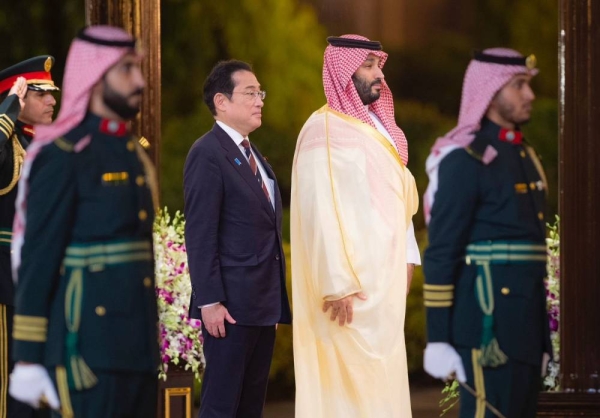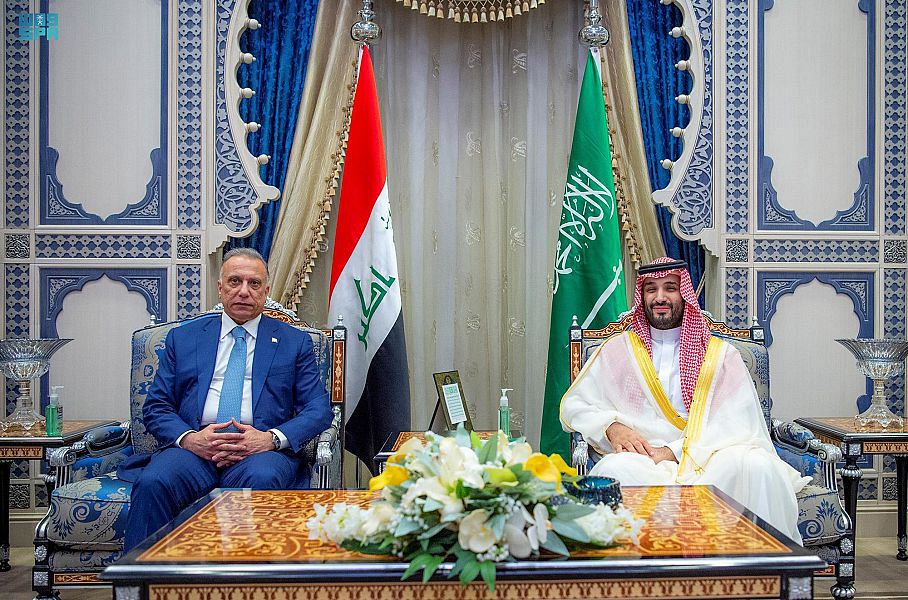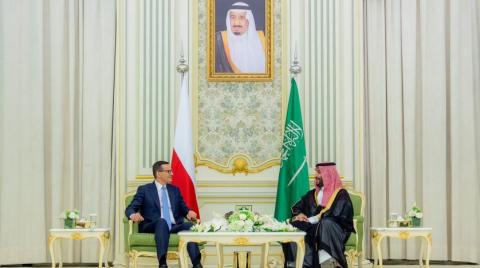
JEDDAH: Saudi Arabia’s Crown Prince Mohammed bin Salman and Pakistani Prime Minister Imran Khan held talks on Saturday to discuss bilateral relations and ways to strengthen them in all fields.
Khan arrived in the Kingdom for his two-day visit on Friday upon an official invitation from the crown prince.
The two sides affirmed the depth of the historical relations between their two countries, a joint statement said, adding that they also reviewed all regional and international issues, and agreed to intensify between government officials and the private sector in both countries, with the aim of promoting bilateral relations to broader horizons in a way that serves their common interests.
Khan praised King Salman’s leadership role in promoting Islamic unity, the Kingdom’s positive role in resolving the issues facing the Islamic nation, and its endeavors for regional and international peace and security.
He also praised Prince Mohammed’s historic visit to Pakistan in February 2019, during which the launch of the Saudi-Pakistani Supreme Coordination Council was announced, and the two visits that his country made to the Kingdom in 2018 and 2019.
Khan said the visits “contributed to pushing bilateral relations toward more joint cooperation based on trust, mutual benefits and common interests between the two countries.”
The crown prince affirmed the Kingdom’s continued support for Khan’s vision of transforming Pakistan into a prosperous and developed country.
The two sides discussed ways to strengthen and enhance economic and trade relations between them by exploring areas of investment and opportunities available in light of the Kingdom’s Vision 2030, and Pakistan’s development priorities to shift from geopolitics to economic geography, in addition to increasing cooperation in the fields of energy, science, technology, agriculture and culture.
“They affirmed their satisfaction with the strength of bilateral military and security relations, and agreed to further cooperate to achieve common goals between the two countries,” the statement said.
It added that issues pertaining to the Islamic nation were at the forefront of discussions, and “they stressed the need for concerted efforts by Muslim countries to confront extremism and violence, reject sectarianism, and relentlessly pursue international peace and security.”
They also stressed the importance of continuing joint efforts to combat terrorism, in all its forms and manifestations regardless of their source, and should not be associated with any religion, race, or ethnic background.
The two sides also reaffirmed their full support for all the legitimate rights of the Palestinian people, especially their right to self determination and the establishment of an independent state with pre-1967 borders and East Jerusalem as its capital, in accordance with the Arab Peace Initiative and relevant UN resolutions.
They also expressed their support for political solutions in Syria and Libya, and the efforts of the UN and its envoys in this regard.
The two sides also stressed the importance of supporting efforts to reach a comprehensive political solution to the conflict in Yemen based on the Gulf Initiative and its implementation mechanism, the outcomes of the comprehensive national dialogue, and the relevant Security Council resolutions, including Resolution 2216.
The crown prince and prime minister condemned ballistic missiles and drones attacks by “terrorist groups and militias,” including the Iran-backed Houthi militia in Yemen, on Saudi territory targeting vital installations and civilian objects.
“They expressed their grave concern over the threats (posed) to the security of oil exports and the stability of global energy supplies,” the statement said.
The prime minister praised the Saudi Arabia’s role and its peace initiative to end the war in Yemen, “which aims to achieve security and stability in Yemen for the benefit and development of the region and its people.”
The crown prince welcomed the understanding reached recently between the Pakistani and Indian military authorities regarding a cease-fire in Jammu and Kashmir at the Line of Control (LoC), which is based on a 2003 understanding between the two regional rivals.
“The two sides stressed the importance of dialogue between Pakistan and India to solve the outstanding issues between the two countries (especially the Jammu and Kashmir conflict) to ensure peace and stability in the region,” the joint statement said.
On Afghanistan, Prince Mohammed said Pakistan played a pivotal role in facilitating the Afghan peace process, and the two sides agreed to continue mutual consultations and said that a comprehensive political settlement is the only way forward.
The two sides also agreed to continue exchanging support and coordination in international organizations and forums, and stressed the importance of all states committing to the UN Charter and the principles of international legitimacy, adhering to the principles of good neighborliness, respect for the unity and sovereignty of states, non-interference in their internal affairs, and to resolve disputes by peaceful means.
Khan congratulated the Saudi government for successfully organizing and holding the G20 summit last year and the positive decisions that it yielded in all economic, developmental, environmental, health, energy and other fields.
Pakistan also welcomed the Saudi Green and Middle East Green Initiatives launched by Prince Mohammed in late March, which shows the Kingdom’s leadership role toward common international issues, including combating climate change, and praised its positive impact on the region and its inhabitants.
The crown prince also praised the prime minister’s Clean Green Pakistan initiative, as well as the successful 10 Billion Tree Tsunami initiative.
Khan also praised Saudi Arabia’s efforts and its leadership in serving the Two Holy Mosques, pilgrims, Umrah performers and visitors, especially in organizing last year’s Hajj season despite the challenges posed by the coronavirus pandemic.
Several agreements and Memoranda of Understanding (MoUs) were signed to further strengthen and diversify bilateral relations, including an agreement to establish the Saudi-Pakistan Supreme Coordination Council (SPSCC), a cooperation agreement to cooperate in combating crime and an agreement to transfer convicted prisoners, a MoU in combating illicit drug trafficking, and a MoU to finance projects in energy, hydropower generation, infrastructure, transport, communication, and water.
The prime minister expressed his gratitude and appreciation to King Salman, the crown prince, and the Saudi people.












